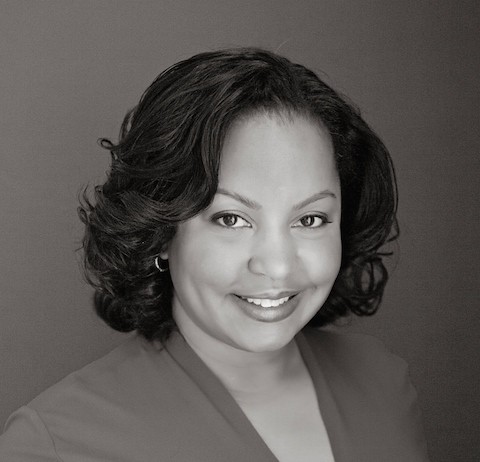The second-floor classroom at Douglass K-8 Optional School was so quiet, you could hear chess pieces slide across the board. Pairs of students were bent over chessboards, their eyes flitting across the squares as their teacher, Jeff Bulington, leaned back in his chair.

He called out moves and the students shifted their pieces to match the directions, which to me sounded like another language. But these students, most of them girls, are fluent in chess and they have the record to prove it.
Last month, Bulington took two girls’ teams to the 12th Annual Kasparov Chess Foundation All-Girls National Chess Championships in Chicago.
Shimera Paxton, Aleha Cole, Marley Fabijanic, and Teiraney L. Biggs came in an impressive second place in the under-14 division. In the under-16 division, the team of Jerrica Randle, Christy Thomas and Jasmine Thomas also took second place.
Marley and Shimera both won a spot to compete at the Susan Polgar national tournament at St. Louis’ Webster University in July, Bulington said.
Bulington is clearly very proud of his students, who come from the middle school and the high school, which is next door. But he’s not effusive and perhaps following his lead, neither are they. I congratulate them and they smile politely. It’s as if they’re thinking: Of course, we did well at the competition. That’s what we do.
This self-assuredness and confidence isn’t in any formal curriculum, but it’s invaluable.
In his 18th-century essay, “Morals of Chess,” Benjamin Franklin remarked that “we learn by chess the habit of not being discouraged by present appearances in the state of our affairs, the habit of hoping for a favourable change, and that of persevering in the search of resources.
“The game of Chess is not merely an idle amusement. Several very valuable qualities of the mind, useful in the course of human life, are to be acquired or strengthened by it, so as to become habits, ready on all occasions.”
In a valiant but ultimately futile attempt to teach me, Marley and Christy face off.
I asked the girls how much each piece is worth. They hesitated. “It depends,” Marley replied. “A king could be worth five points, but if it’s not in a good spot, it’s not worth as much.”
“The position,” Christy concluded, “affects the value of the piece.”
In chess, that seems fair. In life, not so much.
How do these girls’ positions affect what society thinks they’re worth?
Geographically, they’re situated in North Memphis, firmly inside the C-shaped sea of poverty that cups downtown, North, and South Memphis. These are not neighborhoods from which residents have many obvious options — for employment, grocery stores, or shopping.
If you had to calculate their civic value simply by the amount of public investment here, you’d say they weren’t worth much. However as public school students, they’re priceless to companies like Pearson (and its shareholders), which can make millions off them as test takers.
This emphasis on high-stakes testing produces students who may be able to parrot back what they were taught, but it doesn’t produce thinkers who ask if we’re asking the right questions.
What happens under Bulington’s instruction is different from traditional education, where the knowledge is passed from the teacher down to the students. Here, students are engaged in the production and creation of knowledge, as they teach each other, he explained.
Then there’s the opportunity to travel to tournaments, to try different foods they wouldn’t have at home, to stay in hotels — even what it’s like to fly on a plane, as the team did for the first time on their last trip to Chicago.
Girls are typically marginalized in the chess world, but not here. On this morning in Bulington’s class, there are just three boys.
Bulington, who was also a chess coach at Lester Elementary, hasn’t taught these students long enough to know whether chess will boost their TCAP scores, but he has his own data.
Take Aleha, for example. She’s a relatively newcomer to chess, who joined the team after a stint playing violin in the orchestra. Bulington opened his laptop and showed me a chart that tracked her chess performance over the past year.
I note that the fever line tilts up at an angle that would make any investor’s mouth water.
“These,” says Bulington, “are my investments.”